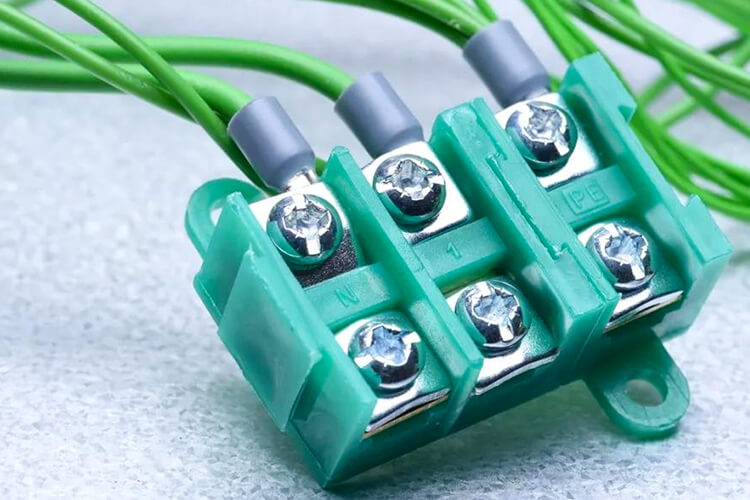How to Evaluate the Quality and Performance of Terminal Block Connectors
With rapid technological advancements, terminal block connectors have become increasingly crucial in electrical systems. From industrial automation to smart buildings, these connectors must exhibit excellent performance and reliability. As the demand for high-quality electrical connections grows, evaluating the quality and performance of terminal block connectors becomes essential to ensure system stability and safety. Here are several key aspects to consider when assessing the quality and performance of terminal block connectors:

- Material Quality: Check whether the metals and plastics used in the terminal block connectors meet high-quality standards and are suitable for the intended application environment.
- Conductive Performance: Evaluate the conductive performance of the connector to ensure it can handle the expected current load without excessive heating or energy loss.
- Contact Resistance: Measure the resistance at the contact points between the terminal and the wire. Ideally, this resistance should be as low as possible to reduce energy loss and heating.
- Mechanical Strength: Test the mechanical strength of the terminal block connector, including its ability to withstand pressure, impact, and vibration.
- Corrosion Resistance: Assess the ability of the connector materials to resist chemical corrosion, especially in harsh environments or applications involving corrosive gases.
- Environmental Adaptability: Consider the connector's performance under different environmental conditions, such as temperature, humidity, and UV exposure.
- Terminal Layout: Evaluate whether the layout of the terminals is reasonable and convenient for wiring and maintenance.
- Safety Features: Check if the connector has safety features to prevent misinsertion, short circuits, or overloads.
- Protection Rating: Assess the connector's dustproof and waterproof performance based on international protection rating standards (e.g., IP rating).
- Compatibility: Ensure the connector is compatible with existing systems and equipment, including voltage, current, and interface dimensions.
- Operability: Evaluate whether the connector is easy to install and remove, and if it allows for convenient on-site maintenance.
- Durability: Assess the long-term durability of the connector through lifespan testing.
- Certifications and Standards: Verify if the connector complies with relevant industry standards and safety certifications, such as UL and CE.
- Manufacturing Quality: Evaluate the precision of the manufacturing process, including the flatness of terminals, the integrity of insulators, and the overall assembly quality.
- User Feedback and Market Reputation: Consider feedback and reviews from other users, as well as the manufacturer's reputation in the market.
By comprehensively considering these evaluation criteria, users can thoroughly assess the quality and performance of terminal block connectors to ensure they select the product that best meets their needs.



